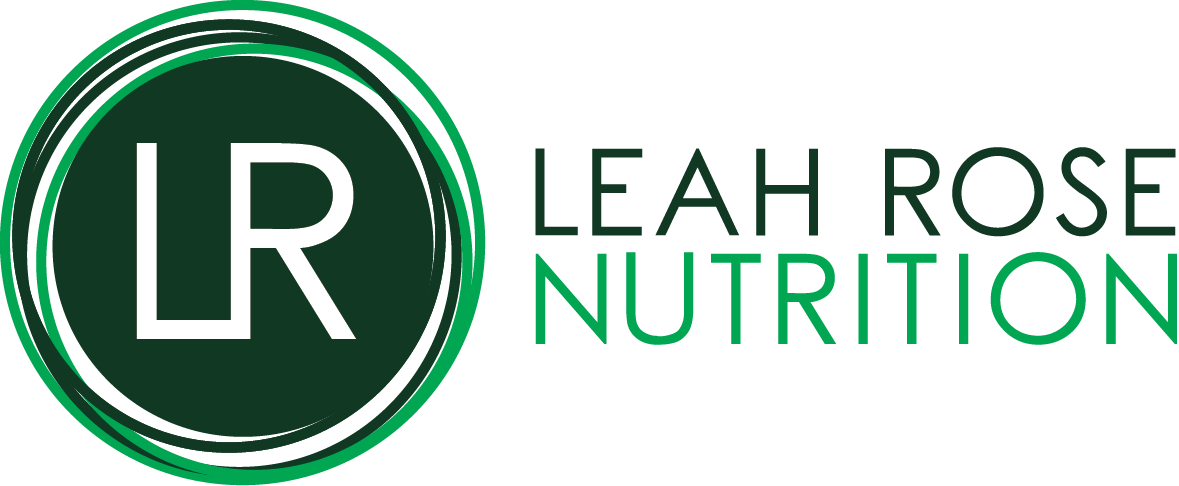Nutrition and Menopause
Leah Rose MN.Nutr
The role of nutrition in menopause
Female health is of special interest to me - I experienced menopause at an early age.
I am passionate about supporting women to understand more about the role of nutrition in health, wellness and sport.
Read more about my story here.
Read my articles on collagen, and on bone health here.
What is menopause?
Menopause is, by definition, the point in time by which you haven’t had a period for 12 months.
Perimenopause is the period of time, months or years, leading up to this point, when the hormones oestrogen, progesterone, and testosterone fluctuate and decline.
This fluctuation and decline can result in a wide range of symptoms that varies greatly in extent and severity from woman to woman.
Declining levels of oestrogen have been associated with increased risk of osteoporosis, cardiovascular disease, and cognitive decline.
HRT may help reduce this risk for those who can and want to take it. As menopause is essentially a hormone deficiency, HRT should be considered with your healthcare professional, as per the NICE guidelines.
Nutrition, exercise, and lifestyle change play supporting roles, which I go on to explain below.
Symptoms of menopause
Weight gain and appetite dysregulation
Anxiety, depression, anger, rage, loss of confidence
Brain fog and forgetfulness
Joint and muscle aches and pains
Difficulty sleeping, or disturbed sleep
Headaches
Loss of libido, and energy
Dry skin, hair, nails
Hot flushes, and difficulty regulating temperature
Risks of menopause
Osteoporosis / bone density decline
Cardiovascular disease (heart and lung health)
Neurological decline (eg. Alzheimer’s)
Loss of muscle and strength
How nutrition helps menopause
You will read and hear many claims about superfoods and supplements.
However, only HRT can replace hormones that have declined or become deficient. Diet, exercise and lifestyle all influence health, and to some extent the expression of hormones, too, but these things cannot replace a hormone in the same way that HRT can.
Nutrition still plays a role of fundamental importance in menopause, by supporting health including bone, heart and brain health.
So, even if you can’t take HRT, you can still support yourself better with the right nutrition and lifestyle.
Nutrition can help keep your muscles and bones strong, heart and brain healthy, inflammation down, and your immune system functioning as well as it can.
Nutrition also helps to make you feel good - your relationship with food and your body weight being important and related factors.
Nutrition in menopause matters greatly, but one of the hardest parts with it is the difficulty deciphering fact from fiction.
That is where I come in
1. Free Introductory Call
An initial conversation to discuss your requirements, and what you need
Appointments Online and In-Person
2. Consultation
A thorough dietary assessment, your questions answered, and clear next steps.
3. Implementation
Accountability and support, with regular reviews and adjustments.

